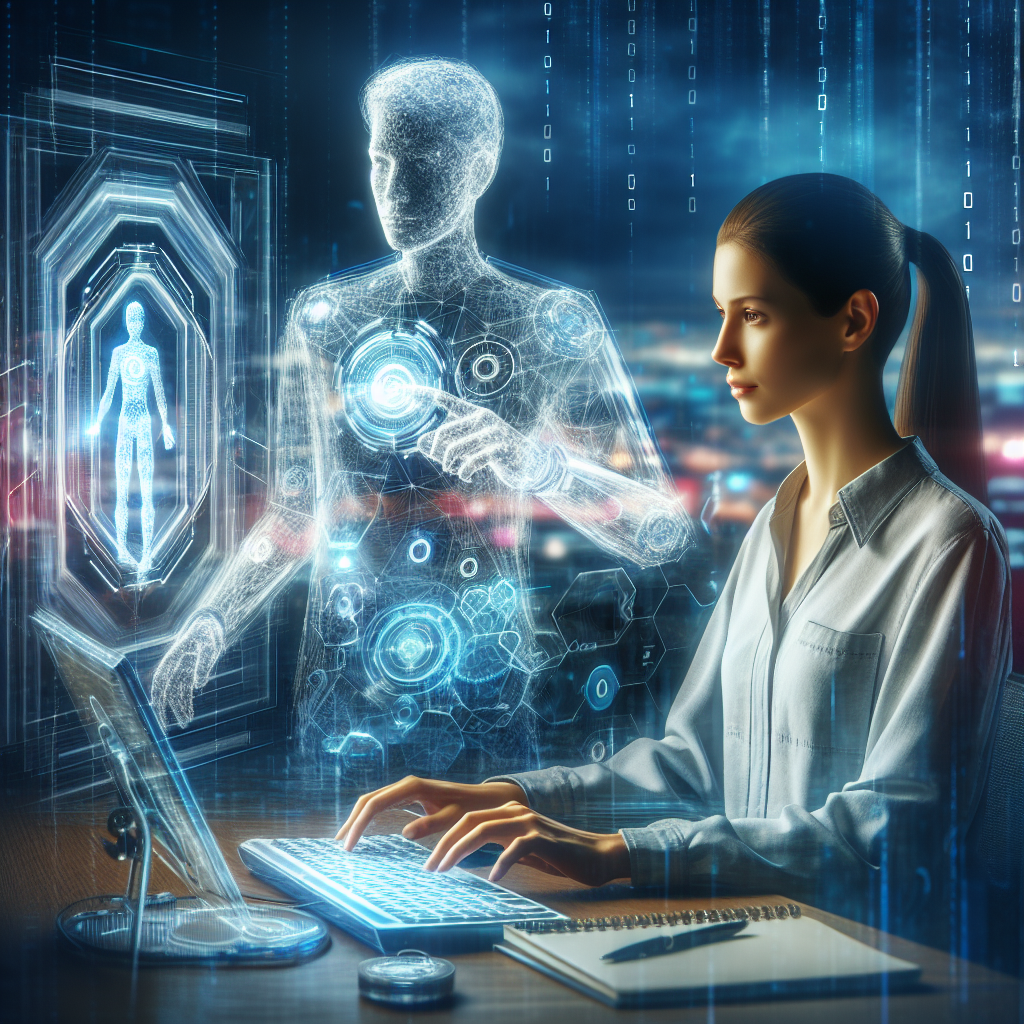In recent years, artificial intelligence (AI) has emerged as a transformative force across various industries, including software development. The methodologies for coding, debugging, and managing software projects are experiencing a significant evolution, propelled by advancements in AI technology. This transformation is not solely about enhancing efficiency; it is also redefining developers’ roles and the essence of programming itself.
The Rise of AI-Powered Development Tools
AI has entered the programming sphere through an array of tools and platforms designed to assist developers with their daily tasks. Integrated Development Environments (IDEs) are becoming increasingly intelligent, featuring advanced capabilities such as auto-completion, sophisticated code suggestions, and enhanced error detection. Tools like GitHub Copilot, powered by OpenAI, utilize machine learning to recommend code snippets in real time, allowing developers to be more efficient and innovative.
Automation of Routine Tasks
One of the paramount benefits AI brings to programming is the automation of repetitive tasks. Code refactoring, testing, and deployment processes can be streamlined using AI algorithms. For example, AI can assess existing codebases, identify patterns, and recommend optimizations, enabling developers to focus their creative energies on innovative problem-solving instead of monotonous tasks.
Enhanced Debugging and Testing
Debugging has historically been a tedious aspect of coding. AI simplifies this task by employing machine learning techniques to detect bugs and vulnerabilities. By analyzing vast datasets, AI can discern patterns and suggest corrections, often identifying issues that manual reviews might overlook. Furthermore, automated testing services leverage AI to create thorough test cases, ensuring that software is more robust and less susceptible to runtime errors.
Natural Language Processing for Coding
Natural Language Processing (NLP) represents another exciting domain where AI is making significant strides. Developers can now interact with machines using natural language, requesting code generation or explanations for complex algorithms in straightforward terms. Platforms that utilize NLP can translate user requirements into code, effectively bridging the gap between technical and non-technical stakeholders. This democratization of coding empowers a broader audience to engage in software development, regardless of their technical expertise.
AI and Low-Code/No-Code Platforms
Low-code and no-code platforms, driven by AI, are poised to transform application development. These platforms enable users to create software through intuitive drag-and-drop interfaces or even conversational commands, significantly lowering barriers for non-developers. As businesses increasingly demand rapid application development, these platforms will empower organizations to innovate swiftly and react dynamically to market alterations.
Shifting the Role of Developers
As AI technology continues to progress, the role of software developers is expected to evolve. Rather than focusing solely on coding, developers will increasingly assume roles as problem-solvers, system architects, and project managers. Skills in AI, data science, and machine learning will grow in importance, as understanding how to effectively utilize AI tools becomes essential for developing advanced applications.
Ethical Considerations and Challenges
While AI presents numerous advantages, it also raises ethical issues that warrant serious consideration. Concerns related to bias in AI algorithms, data privacy, and potential job displacement are significant challenges for the future of programming. Ensuring that AI systems are developed with fairness, transparency, and accountability will be crucial for building trust in these technologies.
Preparing for an AI-Driven Future
To succeed in this changing landscape, developers need to adapt. Continuous learning and skills enhancement will be essential as keeping pace with emerging technologies and programming paradigms becomes increasingly crucial. Educational institutions and organizations must focus on teaching not just coding skills but also critical thinking and problem-solving abilities.
Conclusion
The future of programming sits at the crossroads of human creativity and artificial intelligence. As AI continues to reshape code development, it unveils new avenues for innovation and efficiency. While challenges persist, those who embrace these transformations will not only boost their productivity but also redefine the landscape of software development. By responsibly harnessing AI, the programming community can pave the way for a more inclusive, efficient, and exciting future.

